Volkswagen, trapped in the "discharge door" incident of diesel vehicles, is changing its course to the deep sea of ​​new energy vehicles.
On September 11, local time, on the eve of the Frankfurt Auto Show, Volkswagen Group announced the Group’s next-generation electric vehicle strategy “Roadmap Eâ€. By 2030, all VW models will have electric versions, investing 50 billion Euros in electric vehicle batteries. 20 billion euros to electric cars. This means that Volkswagen will invest 70 billion euros in the future for the planning of full-scale electric vehicles.
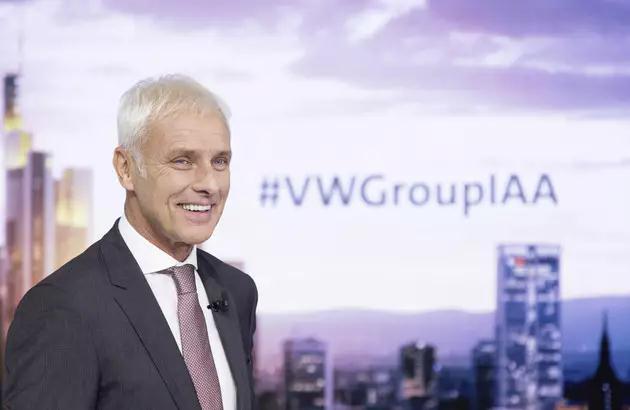
"This is just a future vision, but it is our commitment to ourselves." According to Mullen, the CEO of Volkswagen Group, we are very clear about the challenges we face. From today we will measure our actions according to this plan.
According to the "Roadmap E" strategic plan, by 2025, Volkswagen Group's brands will launch a total of more than 80 new electric models, including 50 models of pure electric vehicles and 30 plug-in hybrid models.
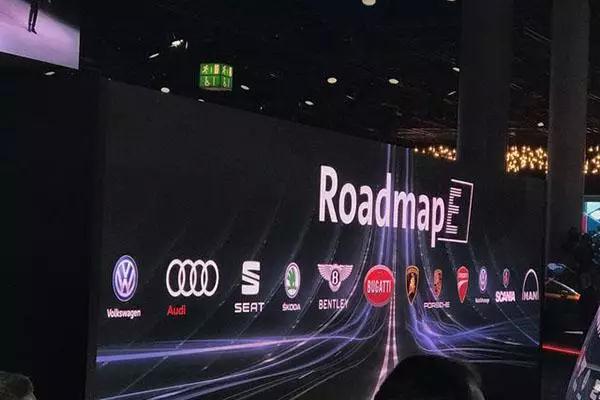
In addition, Volkswagen plans to have electric versions of all models of the Group by 2030 at the latest. That is to say, all 300 models of Volkswagen will provide at least one electric version in every car market in the world.
Volkswagen's move has also become the first large-scale vehicle company to establish an electric timetable for the entire product lineup.
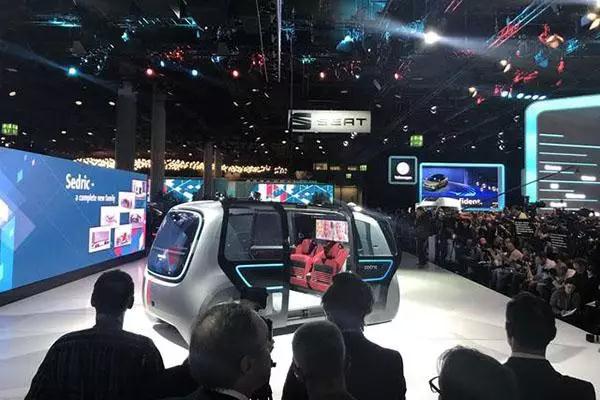
It is no accident that Volkswagen has made a fully electricized move!
In September 2015, the relevant US department formally disclosed the suspicion of cheating on diesel engines belonging to the Volkswagen Group. As an important automobile giant in Germany, Volkswagen was enveloped in the shadow of the “emission gate†from this day on.
Within a short period of one month, the VW Group faced many problems such as high-level personnel changes, evaporating market value, huge fines, millions of vehicles to be recalled, lack of brand reputation, and damage to German-made reputation.
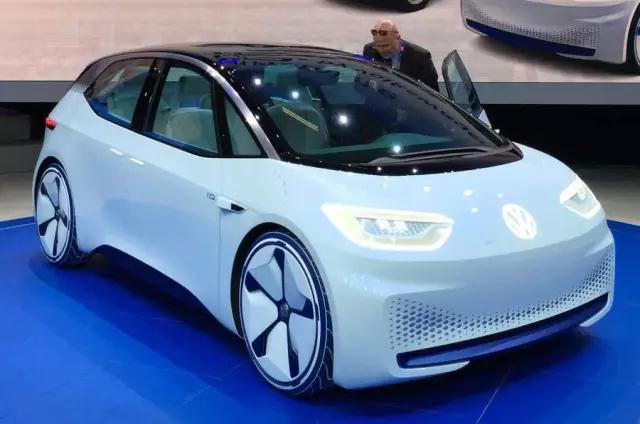
Volkswagen caught in the "discharge door" fraud problem should be glad that it has not spread to the Chinese market.
As the largest market for Volkswagen, Volkswagen's brands have more than 20 million vehicles in China. Moreover, the Chinese market has ranked first in the world for eight consecutive years and has been the world's largest new energy vehicle production and sales market for two consecutive years. To keep the Chinese market is to keep the lifeline of this giant aircraft carrier.
At present, many countries have adjusted their automobile development strategies. Before that, Germany has already announced that it will ban sales of traditional internal combustion engine cars from 2030. France also plans to stop selling petrol and diesel cars by 2040. After the French, the British government also Prepare to ban the sale of petrol and diesel vehicles from 2040 onwards in order to improve air quality.
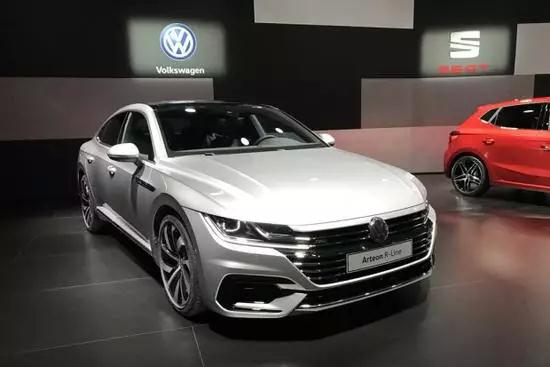
Under the background of the rapid development of electric vehicles and related technologies, the trend of electric vehicles replacing gasoline and diesel vehicles has emerged in the United Kingdom and other countries in the world.
Since the 2009 “Ten Thousand Cities†project, the Chinese market has been focusing on the development and promotion of new energy vehicles.
On September 9, Xin Guobin, deputy director of the Ministry of Industry and Information Technology, stated that the global industrial ecology is being restructured. Many countries have adjusted their development strategies, and the new energy and intelligent network industry have accelerated their industrial layout. At present, the Ministry of Industry and Information Technology of our country has also started relevant research to formulate a timetable for stopping the production and sales of traditional energy vehicles. This kind of news has given the new energy auto market a shotgun.
Car analyst Zhang Zhiyong stated that “the threshold for energy conservation and environmental protection will only increase, and the global automotive industry will be in a state of change. The current pattern of the traditional fuel market will be subverted. If the car companies have insufficient reserves of new energy technologies, it will be very It may be eliminated in the future competition."
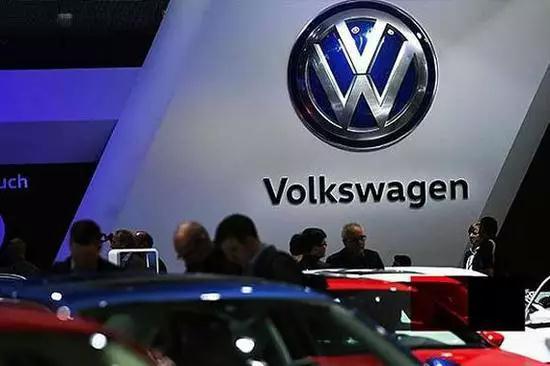
In the globally important automotive market, what should be done to stop or reduce the sale of fuel vehicles in the future? For Volkswagen, if you want to keep the Chinese market as the biggest supporter and you want to win the battle for the new energy auto market in China, you have to plan ahead.
As early as June 2016, when Volkswagen focused its attention on the future "Hand in hand - 2025 Strategy" announcement, it had already considered electric vehicles as a core part of its strategy to become the world leader in electric vehicles by 2025. The Roadmap E strategic plan has just been released, allowing the industry to see more confidence.
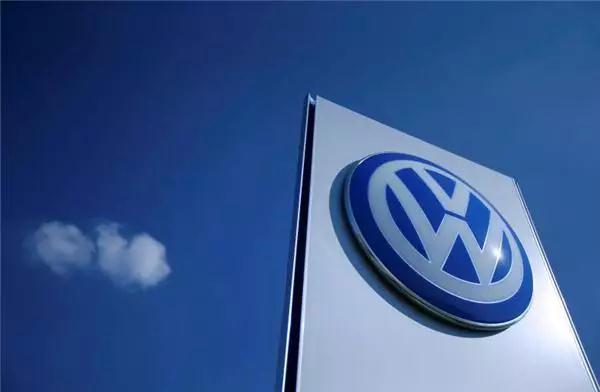
In Mullen's view, the revolution in transport is closely linked with the change in energy. What is decisive now is to cover the charging infrastructure of electric vehicles in cities and highways as soon as possible.
To this end, Volkswagen has initiated a tendering process aimed at establishing long-term strategic partnerships in China, Europe and North America, and promoting the development of various markets. It is reported that the total amount of the order of the project exceeds 50 billion euros, and the funds will be used for the future production of the Group's MEB-based electric vehicle modular platform.
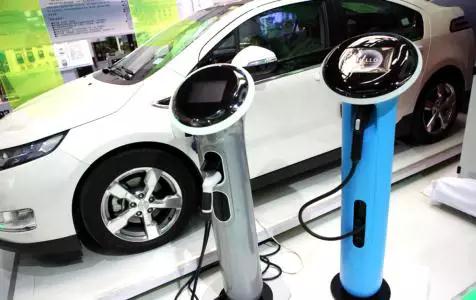
In order to solve the battery technology problem, Volkswagen Group adopted a phased medium- and long-term strategy. The first is to focus on the R&D, procurement and quality assurance of all batteries and modules within the entire group at the “center of excellence†in Salzgitter. . In addition, the Volkswagen brand will also set up the first pilot production line in this “center of excellence†to accumulate and summarize the know-how and experience in the production field.
Volkswagen is fully involved in electrification. For domestic new energy companies, the “wolf†is really coming. If you still think of relying on subsidies to live, good days are really limited.
Petrolatum Primer, also known as: mineral grease primer. She is a kind of anticorrosive material with high viscosity, compatible with strong steel surface, long-term maintenance of semi-solidified state, rust prevention, waterproof, acid, alkali and salt resistance. Grease primer is used in conjunction with mineral grease mud, mineral oil belt, polymer adhesive tape (elastic sealing belt).
Used in oil, gas, natural gas, liquefied gas, tap water, sewage treatment, chemical, power generation, pharmaceutical, heating, shipbuilding, ship repair, building and other industries in wet and flooded environment of steel pipes, valves, flanges, tee, water cylinder, tank body, pile body, components, equipment corrosion prevention. It plays the dual role of filling and viscosification in the cold wrapping anticorrosive system.
Denso Petrolatum Primer,Superior Quality Petrolatum Primer,Interior Paint Petrolatum Primer,Petrolatum Tape Primer,Multifunction Petrolatum Primer
JINING XUNDA PIPE COATING MATERIALS CO.,LTD , https://www.xundapipelinetape.com